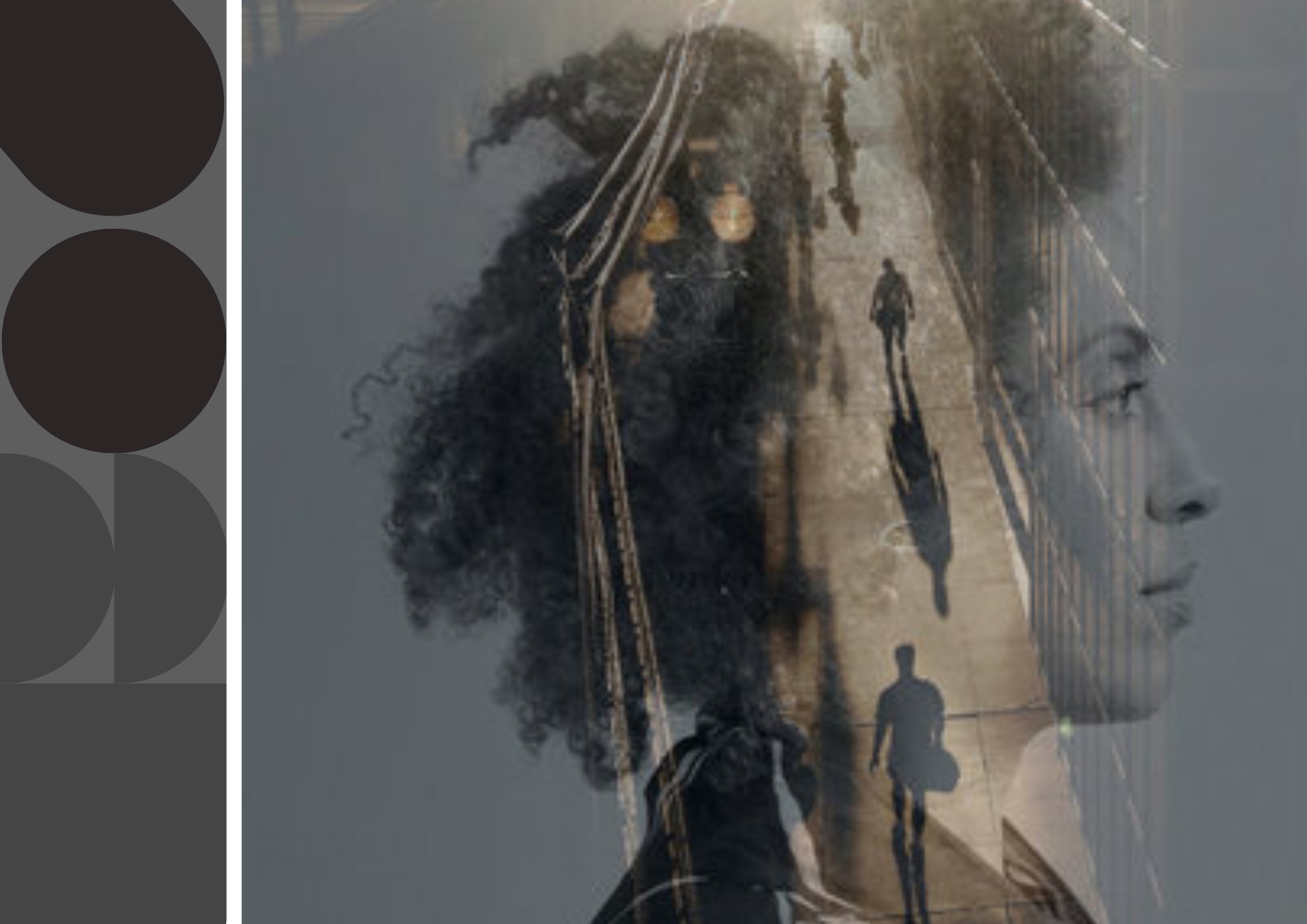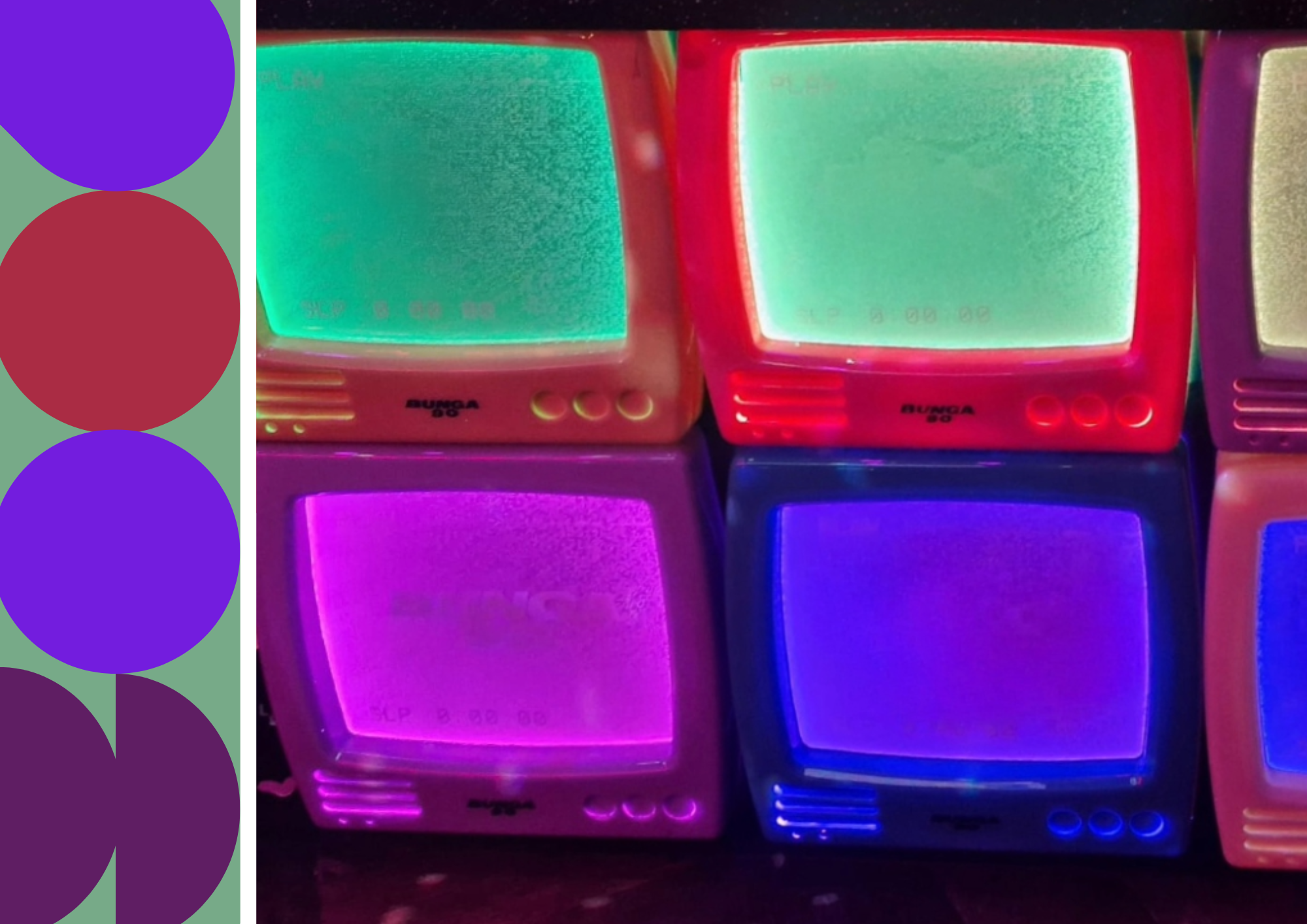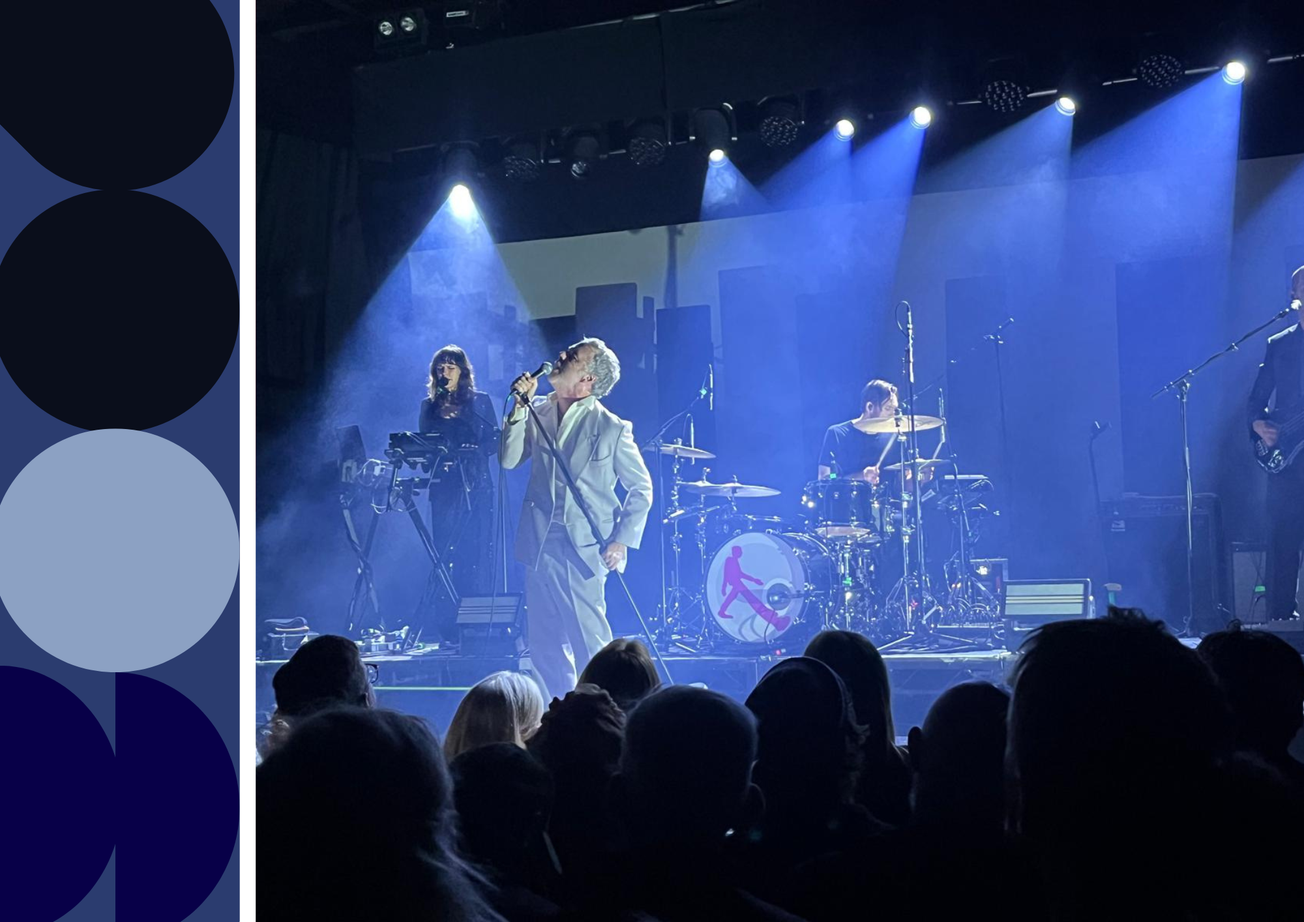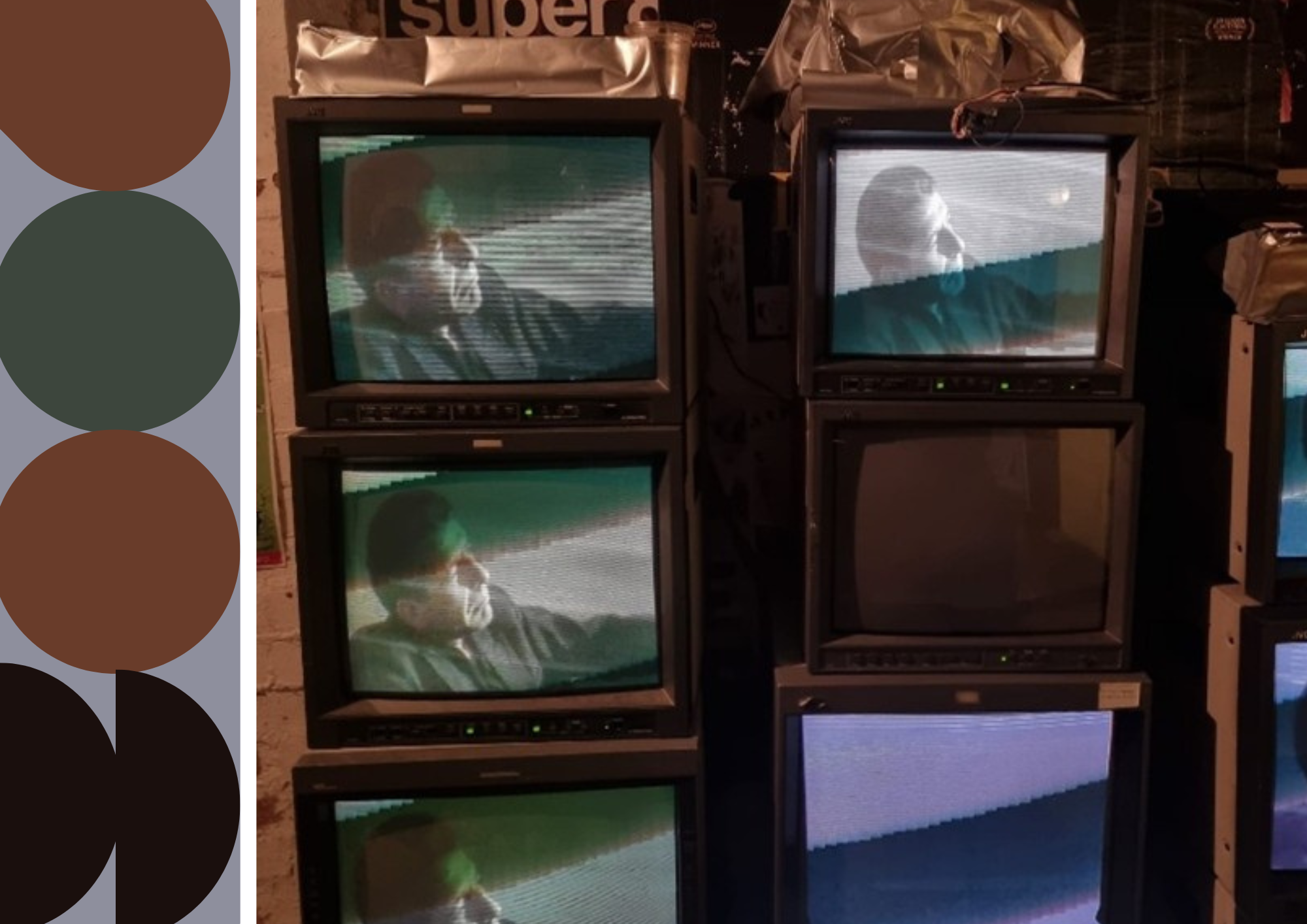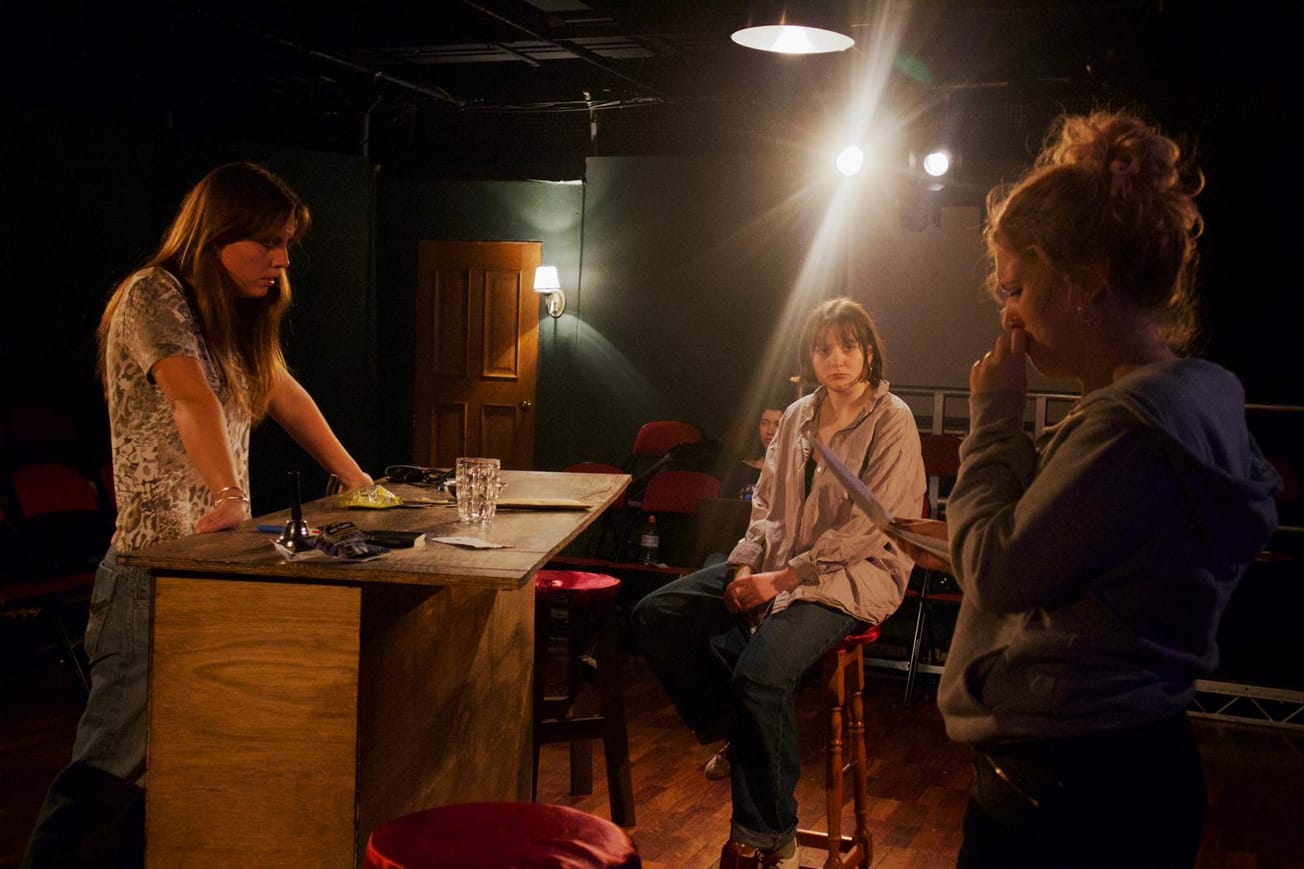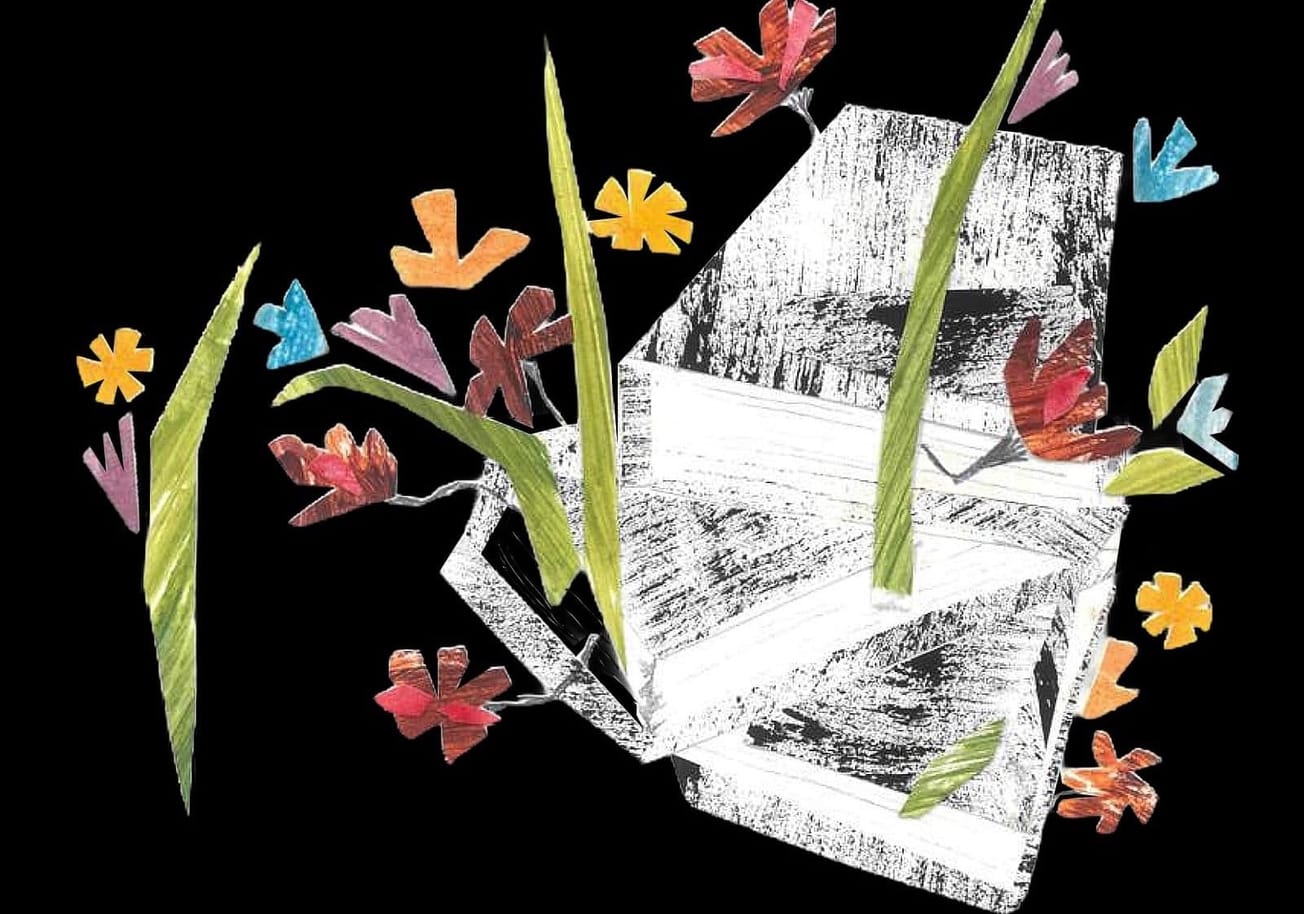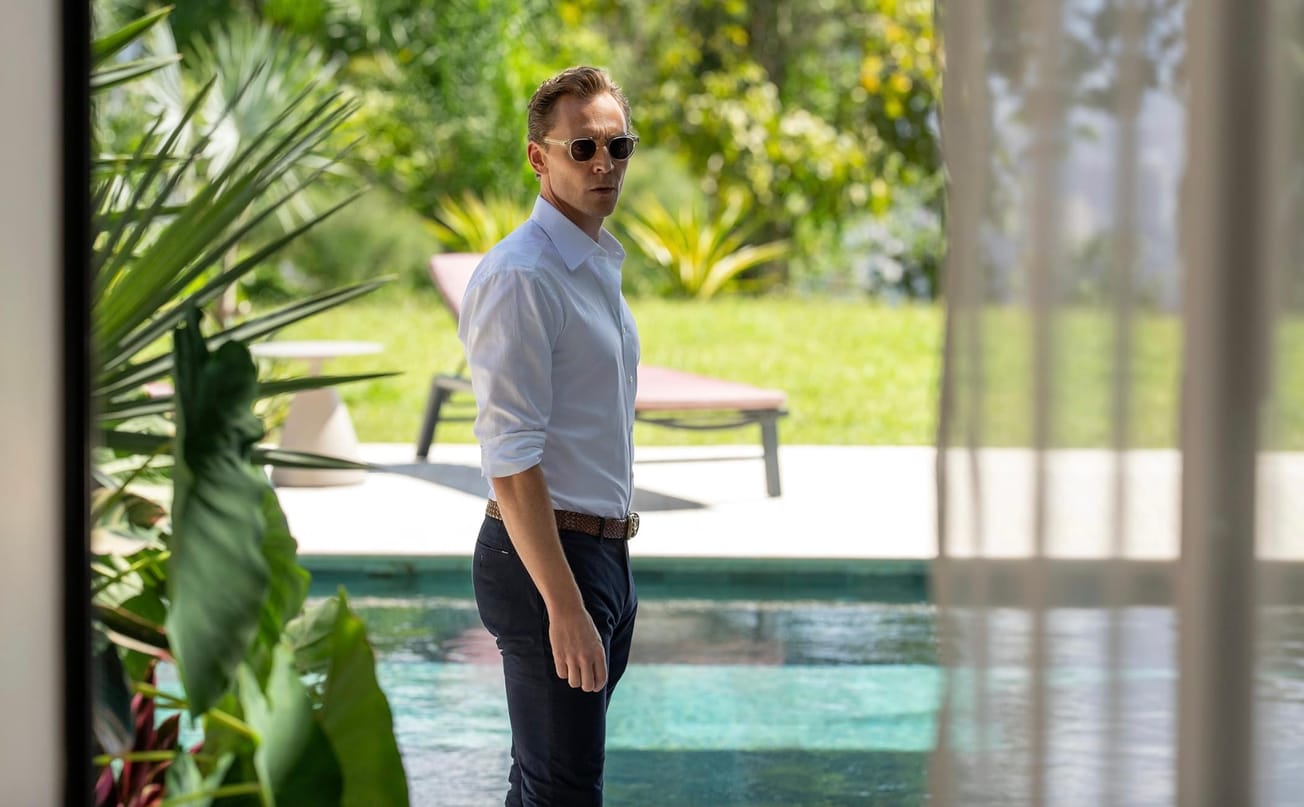By Eden Chambers, First Year Film and French
In 1993, a young Martina Topley-Bird was spotted outside Clifton College by an up-and-coming artist, part of Bristol’s new multicultural underground genre known now as ‘trip-hop’ (although rejected by many of the genre’s principal artists). Her ethereal vocals would go on to be heard on all, except two, tracks on Tricky’s 1995 Maxinquaye album and help to create the signature moody, brooding atmosphere that has come to define trip-hop.
But on one of the most influential albums of trip-hop history, Topley-Bird wasn’t named for her improvisational lyrical contributions, and worse her ground-breaking vocals were miscredited as simply ‘Martine’, without even a surname to recognise her by: this is astounding considering Tricky became her partner and father to her child. Even her debut is shrouded by clerical error and therefore originates her back-seat position in the industry.
She continued to work with Tricky on his subsequent releases, however her features don’t end there. Topley-Bird’s unique voice is heard on Gorillaz’s album Demon Days (2005) and more recently Heligoland (2010) from Massive Attack, as well as appearances at live gigs.
Tricky being the primary creative mind behind Maxinquaye made him the public face of the genre. His complex backstory, from prisoner to performer, gave the media an interesting angle to approach his music personality from, and therefore Topley-Bird’s vocals became additives to his addictive sound.
Although both artists claim to not have expected to gain such notoriety, Tricky’s attention-grabbing statements, such as ‘I’ve never voted in my life and I don’t believe in politics’ or ‘I was less nervous going to prison than I was getting on stage’ definitely fuel his limelight, contrasting Topley-Bird’s more reserved media personality.
Much like her entry into the music scene with Tricky, a lot of trip-hop relies on collaboration, so artists such as Massive Attack and Portishead sought out singers to feature on their tracks, with the song remaining their track in public view.
This meant that once again, the publicity centred around the primary artist had left little space for the guests to receive the praise they deserved.
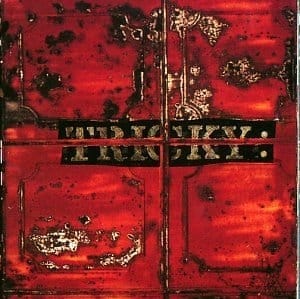
However, we also must bear in mind that this ‘media attention’ being referred to would have been relatively small at the time anyway, as the trip-hop genre on the whole was relatively niche. It seems that even the biggest names would and have never received as much attention as other, more commercially-friendly artists belonging to mainstream genres.
As with many of the voices that serve as the driving force for club tracks, or other genres such as the infamous Clare Torry from Pink Floyd’s ‘The Great Gig in the Sky’ (1973), female vocalists in the music industry have been historically overshadowed and underappreciated.
This is not a new phenomenon despite expecting more equity from a modern genre that is founded on the sound of both men and women.
'I wasn’t trying to be famous. I was embarrassingly earnest about being authentic and reverent of the music.'
The genre’s male-dominated public face makes coverage on female artists like Topley-Bird an outlier within media and therefore less attractive to conventional sources. Moreover, Topley-Bird wasn’t searching for fame when she was discovered in 1993 and claims to have been ‘embarrassingly earnest about being authentic’, perhaps even to a fault.
Authenticity among men, like Tricky, is rewarded, however women who do not play to the media’s ideals find themselves at a disadvantage for spreading awareness of their existence.
This also ties into her preference for privacy. Having chosen a private life in Valencia with her partner, we can see that Topley-Bird prefers to stay living a semi-normal life – making rare media appearances or posts to promote her music online: even her website doesn’t seem to have been updated since 2020.
So, what legacy does Topley-Bird leave today? Well, although her contributions may not be recognised as widely as others in her field, her influence on the genre is undeniable. Those who indulge in trip-hop and its history are aware of her presence, but not to the same degree as big names like Massive Attack.
She continues to make her own music and the popularity of her debut album Quixotic has led to its rerelease on vinyl, the lyrics rehashed by Topley-Bird with 20 years more experience under her belt.
She has also seen some justice for her underrepresentation on Maxinquaye. In 2023, Topley-Bird posted about the rerelease of the album, where she responded to a commenter confirming that she would be paid for her writing contributions on the reissue, and she is recognised on all the songs on the album on Spotify, whether her voice features or not.
It’s important, no matter how late, for these corrections to be made as it acknowledges artists’ efforts and dedication to their craft, as well as bringing awareness to younger generations as to where the music we enjoy today has come from.
It’s crucial that female singers like Topley-Bird are rewritten into the narrative of music history and accepted as pioneers within their fields, and not just as someone’s girlfriend.
Featured Image: Martina Topley-BirdDo you have a favourite project of Martina Topley-Bird?

